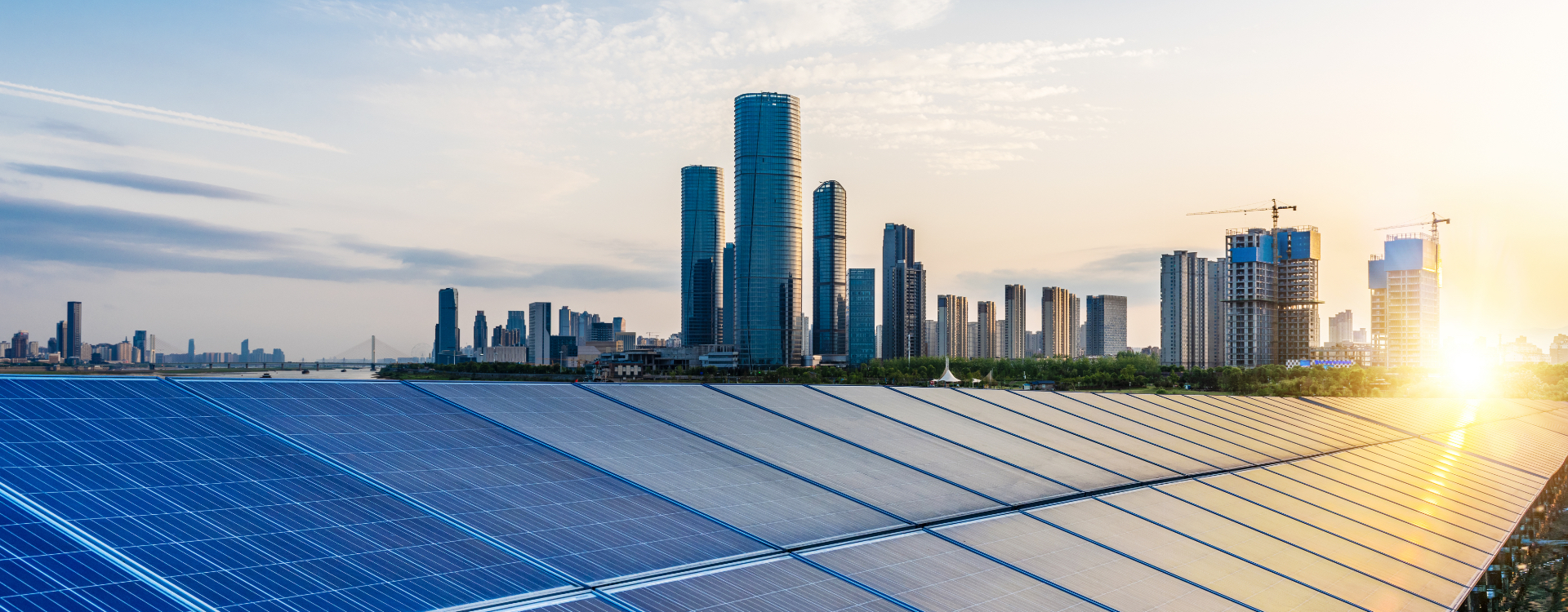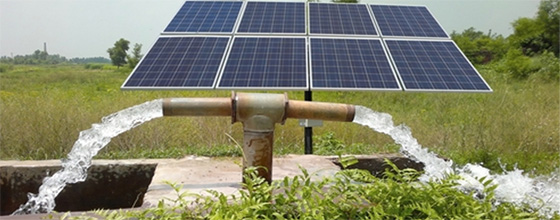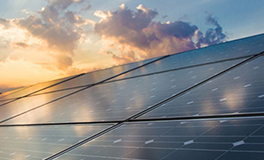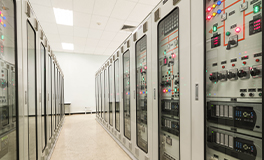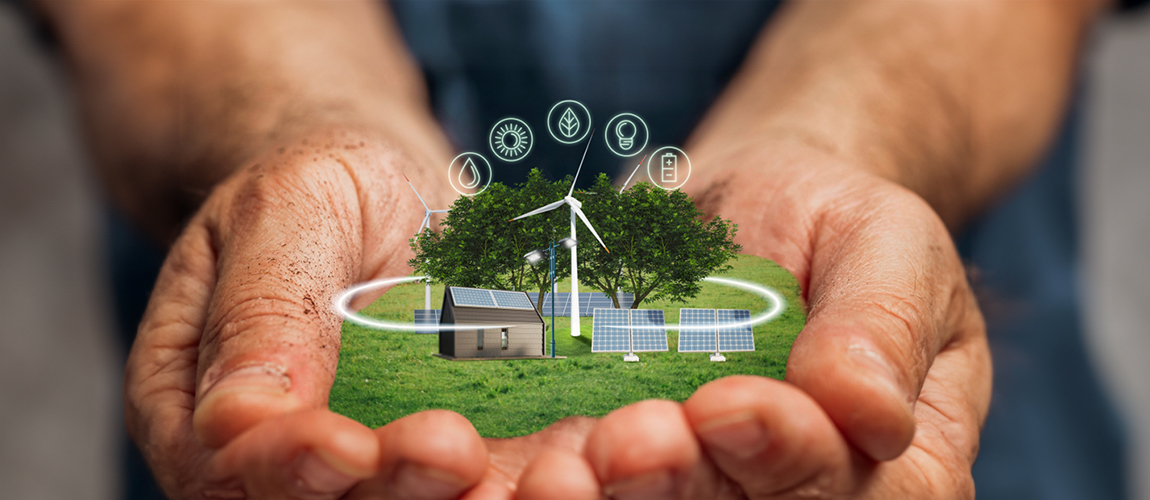The intersection of solar energy and smart home technology represents a significant leap towards creating sustainable and efficient living space. As the world embraces renewable energy, solar power has emerged as a frontrunner, offering clean and abundant energy. When coupled with smart home innovations, this combination enhances energy management and cost-effectiveness. In this article, we explore the seamless integration of solar energy and smart homes while exploring the benefits, challenges, and the path to a more sustainable future.
The Rise of Solar Energy
Solar energy has witnessed a remarkable rise in popularity as a clean and renewable energy source. The advancements in photovoltaic technology have made solar panels more affordable and efficient, enabling homeowners to harness the power of the sun for their energy needs.
Smart Homes: The Next Frontier
Smart homes leverage cutting-edge technologies to enhance the efficiency, security, and comfort of residential spaces. The systems in a smart home operate in tandem by using user preferences to provide an efficient and sustainable living experience. From intelligent thermostats to automated lighting systems, these technologies are designed to streamline household operations and optimize resource consumption.
The key features of smart homes are:
- Energy Management: Smart homes integrate technology and preferences to preempt energy requirements thereby avoiding wastages. Homeowners can monitor and control their energy usage, identify opportunities to optimize consumption patterns and maximize the benefits.
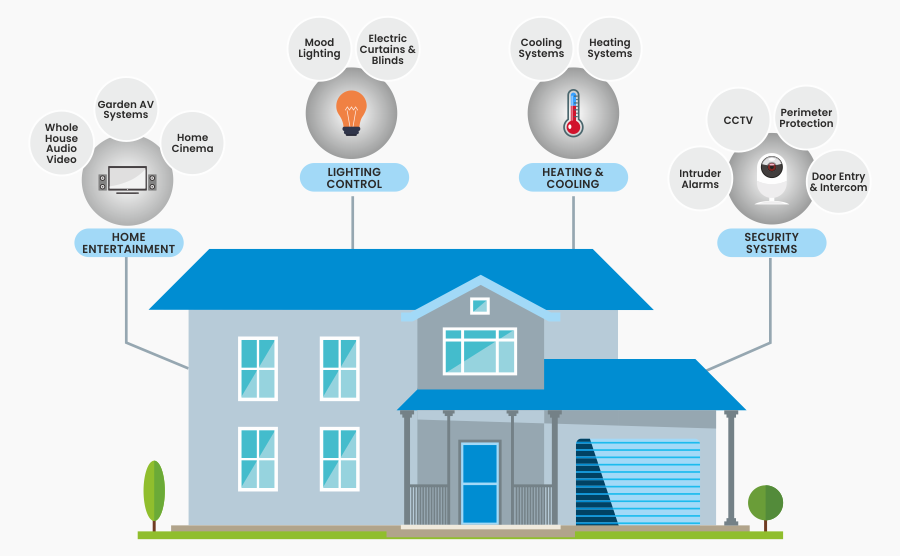
- Automation for Efficiency: Smart home devices can be programmed to operate based on the environmental requirements. For example, a smart thermostat can adjust the air conditioning systems based on the weather conditions, thus reducing wastages. The lighting systems can operate by evaluating the availability in the room and also optimize lumens based on location. Automation helps to control appliances, environment and leisure remotely to add efficiency to your schedule.
- Enhanced Security: Smart homes are equipped with features that intelligently interact with the systems to boost safety by providing timely alerts, even when residents are away from home. Timely fire, smoke and toxic fume detection systems interlocked with mitigation mechanisms ensure that emergencies are addressed promptly and adequately.
Benefits of Solar Energy Integration in Smart Homes
A major chunk of the running cost in smart are spent on energy bills. While home automation systems enhance efficiency, they themselves require energy to stay up at all times. This is where solar energy becomes significant. While solar energy inherently decreases the energy cost, it accentuates the effectiveness of a smart home, thereby adding to its value.
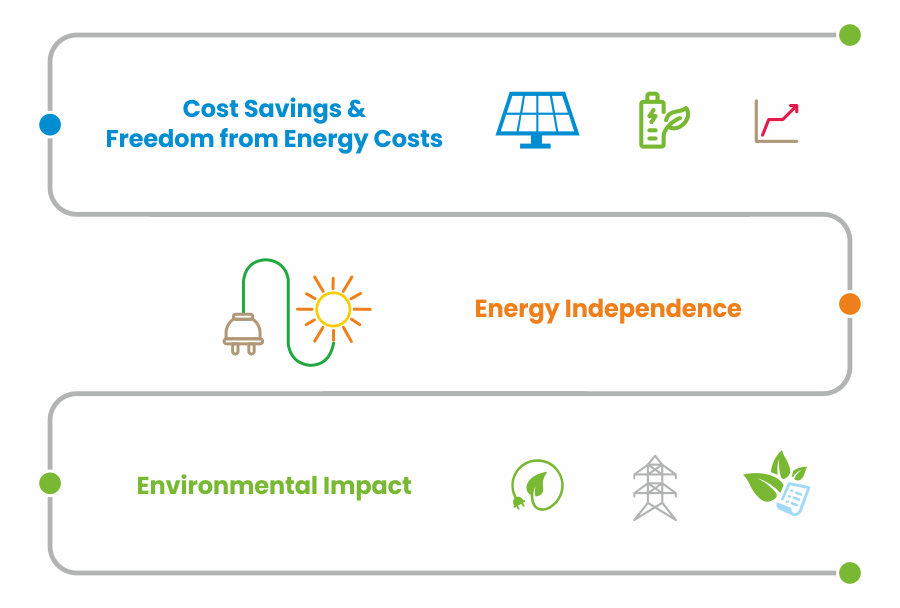
- Cost Savings & Freedom from Energy Costs: The primary benefit of integrating solar energy into smart homes is the potential for significant cost savings. By generating electricity from sunlight, homeowners can reduce their reliance on traditional utility grids, leading to lower electricity bills over time.
- Energy Independence: Solar energy empowers homeowners with energy independence. By generating electricity, residents can mitigate the impact of energy price fluctuations and also reduce their vulnerability to power outages, which is critical to maintain automation systems of smart homes.
- Environmental Impact: The basic idea behind smart home is to develop efficient and sustainable living spaces. Using solar power, reduces the carbon footprint associated with traditional resource usage. Solar energy is clean and sustainable, contributing to the global effort to combat climate change.
Challenges and Solutions
While the integration of solar energy and smart home technology holds immense promise, it is not without its challenges. A solar system adds to the already high initial cost of setting up a smart home. However, various government incentives, tax credits, and financing options are making solar energy more accessible.
- Initial Cost: The high upfront cost of solar panel installation remains a challenge for many homeowners. However, the long-term savings and environmental benefits often outweigh the initial investment. Government incentives and financing options are making solar installations more affordable.
- Compatibility and Integration: Ensuring seamless integration and compatibility between solar systems and smart home devices can be a hurdle, sometimes. However, advancements in technology are continually improving inter-operability, making it easier for homeowners to integrate these technologies.
Conclusion
As technology continues to evolve, the integration of solar energy and smart home technology is expected to become more streamlined and accessible. Innovations in energy storage, improved efficiency of solar panels, and Internet of Things (IoT) will provide an impetus to a sustainable and interconnected future. As homeowners increasingly recognize the benefits of clean tech integration, the adoption of solar panels is poised to become more widespread.
About LUBI Electronics
LUBI Electronics is a leading company in India, exhibiting expertise in the automation, solar, and control panel industry.
Our solar offerings include best-in-class solar modules, solar pumps, solar pump controllers and solar inverters.
For more information on our offerings, please reach out to us at lubi@lubielectronics.com.

